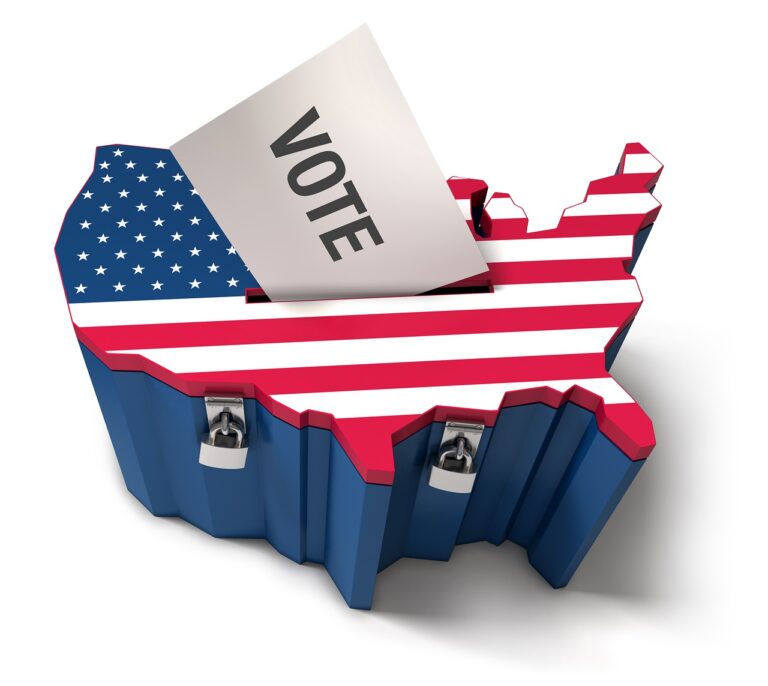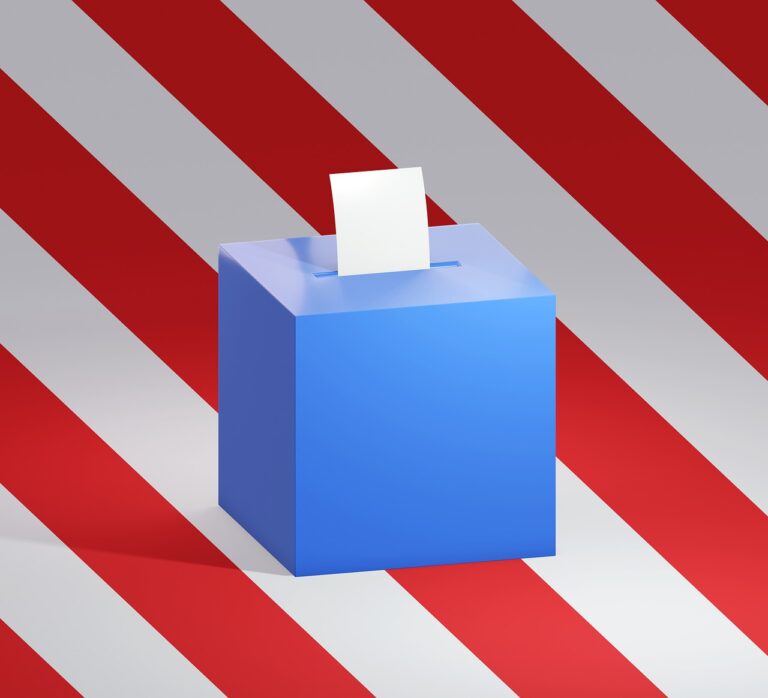Exploring the Use of Quantum Cryptography in Secure Voting Systems
11xplay pro, 24 betting login india, skyinplay live login:Exploring the Use of Quantum Cryptography in Secure Voting Systems
In recent years, the security of voting systems has become a hot topic, with concerns about hacking, tampering, and fraud. As technology advances, new solutions are being explored to ensure the integrity of elections. One such solution is Quantum Cryptography, a cutting-edge technology that holds the promise of making voting systems more secure than ever before.
What is Quantum Cryptography?
Quantum Cryptography is a method of secure communication that uses principles of quantum mechanics to encrypt and decrypt messages. Unlike traditional cryptography, which relies on mathematical algorithms, Quantum Cryptography uses the properties of quantum physics to secure data transmission.
One of the key principles of Quantum Cryptography is the uncertainty principle, which states that the act of measuring a quantum system changes its state. This means that any attempt to eavesdrop on a quantum communication would be immediately detected, as the act of interception would alter the quantum state of the system.
How can Quantum Cryptography be used in Voting Systems?
The use of Quantum Cryptography in voting systems offers several advantages. First and foremost, Quantum Cryptography provides unprecedented levels of security. The uncertainty principle ensures that any attempts at tampering or fraud would be immediately detected, making it nearly impossible to compromise the integrity of the election. Additionally, Quantum Cryptography allows for secure and anonymous communication between voters and the voting system, protecting the privacy of individual votes.
Another advantage of Quantum Cryptography is its resilience to hacking. Traditional cryptographic methods are vulnerable to attacks from quantum computers, which have the potential to break current encryption algorithms. Quantum Cryptography, on the other hand, is immune to these attacks, making it a future-proof solution for securing voting systems.
Challenges and Limitations
While Quantum Cryptography holds great promise for secure voting systems, there are also challenges and limitations that need to be addressed. One of the main challenges is the cost of implementing Quantum Cryptography technology. Quantum systems are still in the early stages of development and can be expensive to build and maintain. Additionally, Quantum Cryptography requires specialized hardware and expertise, which may pose logistical challenges for widespread adoption.
Furthermore, Quantum Cryptography relies on the availability of quantum communication networks, which are currently limited in coverage. As more countries and regions invest in quantum infrastructure, the scalability of Quantum Cryptography for voting systems will improve.
Future Directions
Despite the challenges, the potential of Quantum Cryptography in secure voting systems is undeniable. As the technology continues to advance and become more accessible, we can expect to see a greater adoption of Quantum Cryptography in elections around the world. The security and integrity that Quantum Cryptography offers could revolutionize the way we think about voting and democracy.
FAQs
1. Is Quantum Cryptography unhackable?
Quantum Cryptography is considered to be extremely secure, as it leverages the laws of quantum physics to protect data transmission. While no system is completely hack-proof, Quantum Cryptography offers unparalleled levels of security.
2. How does Quantum Cryptography differ from traditional cryptography?
Traditional cryptography relies on mathematical algorithms to encrypt and decrypt messages, while Quantum Cryptography uses the principles of quantum mechanics. Quantum Cryptography offers stronger security guarantees and is immune to attacks from quantum computers.
3. What are the main challenges of implementing Quantum Cryptography in voting systems?
The main challenges of implementing Quantum Cryptography in voting systems include the cost of technology, the need for specialized hardware and expertise, and the limited availability of quantum communication networks. As these challenges are addressed, we can expect to see greater adoption of Quantum Cryptography in elections.







